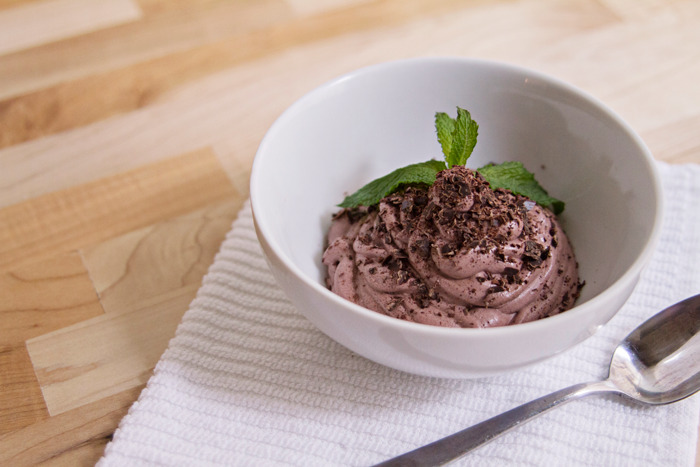Cognitive health is a trending topic in geriatric care, as the number of individuals being diagnosed with a degenerative brain condition is on the rise. However, protecting and boosting your brain health should be a proactive lifestyle strategy, rather than a defensive approach once your age moves over the hill. There is an overwhelming amount of research identifying specific nutritional needs for cognitive function, and searching phrases like “cocoa flavanols brain health” or “vitamins for dementia” care can give you some great leads on where to start with your supplement journey. For more nootropic options, here is a list of researched supplements with a beneficial effect on healthy brain functioning.
Fish Oils
The brain is in desperate need of DHA and EPA to be healthy. These are omega-3 fatty acids that are commonly found in fish products but can be taken through a supplement as well. DHA has been linked to supporting the structure of your brain, and it makes up about 90% of the omega-3 fat found in brain cells. The anti-inflammatory properties of EPA have been shown to insulate brain cells from damage related to aging. Consistent intake of these fish oils improves reaction times, memory, and processing skills.
Caffeine
If you can’t start your morning without a steaming cup of Joe, you’re in luck. Caffeine naturally stimulates the brain, and in addition to coffee, you can find this supplement in tea, dark chocolate, and commercially-marketed capsules or products. For those familiar with the effects of caffeine, the energy and alertness that seems to fill your body after a cup of coffee or tea is the result of a stimulated central nervous system. Overall, consuming caffeine improved general brain activity, increases reaction times, and enhances memory function. One dose (between 200-400 mg per day) is all that is needed in order to improve your brain health.
Resveratrol
As an antioxidant found naturally in the skin of red and purple fruits, research links resveratrol to the prevention of brain degeneration. In particular, it protects the hippocampus, the portion of the brain that controls memory. In addition to finding a supplement, you can get a healthy dose of this nutrient by include blueberries, raspberries, and grapes in your daily diet. If consumed in moderation, you can also use peanuts, chocolate, and red wine to improve your brain health. However, antioxidant effects can positively impact total body health as well.
Creatine
Not just for bodybuilders and fitness enthusiasts, creatine is a natural element that helps with energy metabolism. It is primarily found in the muscle of the body, but there are small amounts of it located in the brain. If you want to get your dose through food products, animal products like eggs, fish, and meats are the way to go. You can, however, find many creatine supplements in grocery stores, health stores, and online. Research links creatine to improved thinking and memory skills, making it an important supplement to consider if you are vegetarian or don’t eat a lot of meat. There isn’t enough evidence to support additional benefits of taking a supplement for meat-eaters, perhaps since their bodies aren’t deficient and they are getting enough creatine from their diets.
Phosphatidylserine
Although it’s a mouthful, this nutrient is a type of fat compound found in the brain that helps improve brain health. Though it’s found in foods like egg yolks, soy, beef or chicken liver, and white beans, it is hard for the body to absorb enough of the compound to sustain healthy brain function from diet alone. Taking a supplement in order to achieve 300 mg of phosphatidylserine a day can lead to improved memory and thinking skills.
Check your diet and see if you are doing enough for your brain. If not, consider adding these supplements to your health routine.

